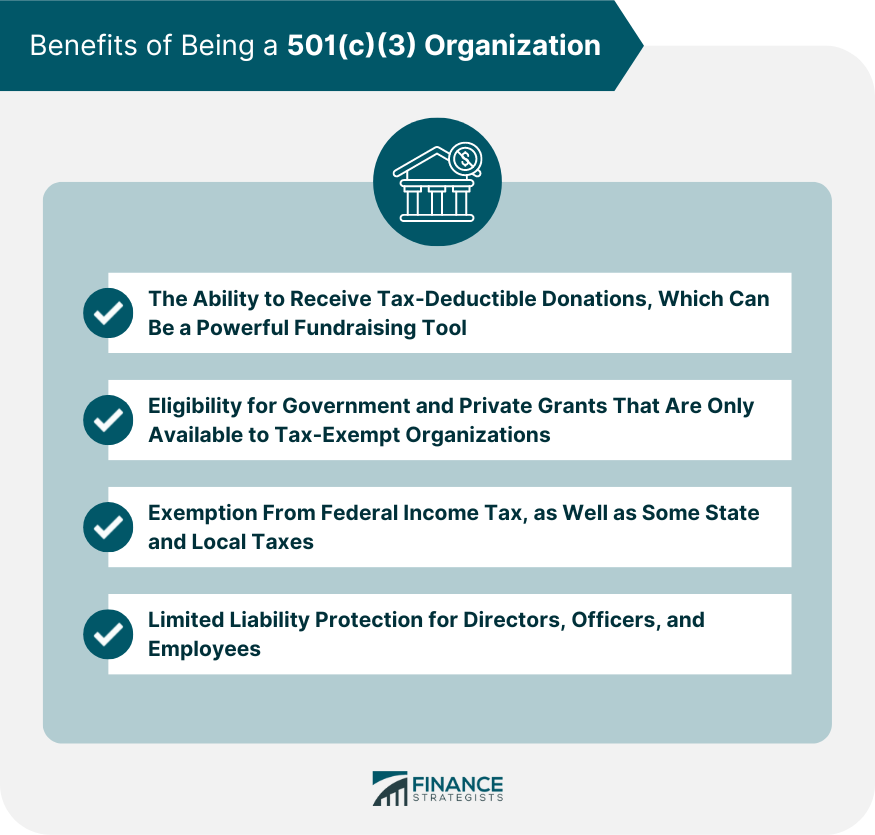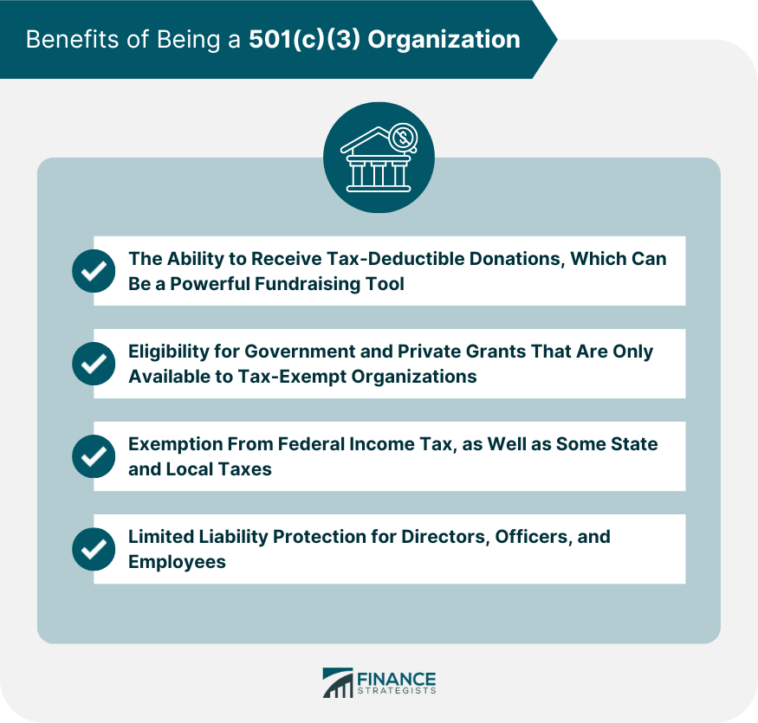
The Right to Know Act: Limiting Free Speech in Arizona
The recent dismissal of the GOP challenge to the Voter’s Right to Know Act, also known as Proposition 211, by the Maricopa County Superior Court is a loss for free speech in Arizona. The Voter’s Right to Know Act requires organizations that spend $50,000 on a statewide campaign or $25,000 on a local campaign to disclose the origin of any contribution over $5,000. While the act was intended to make political discourse more civil, it is likely to have the opposite effect.
The Risk of Partisanship
Public opinion is heavily influenced by party lines, and the Voter’s Right to Know Act could deepen partisan divides in Arizona. Voters may focus on the donors instead of the facts when choosing which candidate to support. Even when they agree with the ballot measure, voters might choose to vote against it because they dislike the contributor’s party affiliation. This could entrench hyper-partisanship in the local political culture.
The Risk of Retaliation
Disclosure laws can also lead to retaliation against donors, potentially chilling their political expression. Supporting controversial or unpopular positions can put individuals in immediate danger. For example, protestors disrupted a dinner hosted by the conservative organization Americans For Prosperity, injuring several attendees. The risk of physical harm makes anonymity crucial in protecting political speech. Showing support for contentious issues could also lead to negative consequences such as damaging a donor’s career, as in the case of Margie Christoffersen, who resigned as a restaurant manager after boycotts and protests erupted following her donation to a campaign aimed at banning gay marriage.
The Chilling Effect
The Supreme Court has recognized campaign contributions as protected speech in Citizens United v. FEC. By requiring donors to publish their names and donation amounts, disclosure laws restrict the freedom to distribute information and the freedom of expression. This demonstrates how revealing names impedes political expression by driving contributors to avoid circulating their campaign speech. This chilling effect is more pronounced today, as cancel culture is increasingly prevalent in public discourse. Contributors risk their safety, career, harassment, and reputation by attaching their names to controversial issues, making Arizonans less willing to donate to political causes they support. This indirectly suppresses the viewpoints expressed in state politics and silences contrarians.
Defending Anonymous Political Communications
The Superior Court’s upholding of the Title 16 amendments in Proposition 211 is a defeat for free speech in Arizona. Anonymous political communication has a rich history in America, from the anonymous publication of “Common Sense” to the modern era with the Citizens ruling. We must continue to fight for anonymous speech. Political contributions are a form of speech, and donors, even billionaires, are entitled to this cherished right. Protecting voters from incendiary political attack ads should not come before free expression.
Conclusion
Arizona’s Voter’s Right to Know Act may have good intentions, but the risks brought about by revealing the origins of donations outweigh its benefits. By limiting free expression, the act may produce more partisan divides and lead to backlash against donor individuals who express their political opinions. Donors and their viewpoints should be protected in America’s democracy, and anonymity in political donations should continue to be a cherished and protected right.
Originally Post From https://azcapitoltimes.com/news/2024/01/20/donor-disclosure-will-make-arizona-politics-less-civil/
Read more about this topic at
Rethinking Transparency in U.S. Elections
Voter Challenge Laws as a Suppression Tactic


